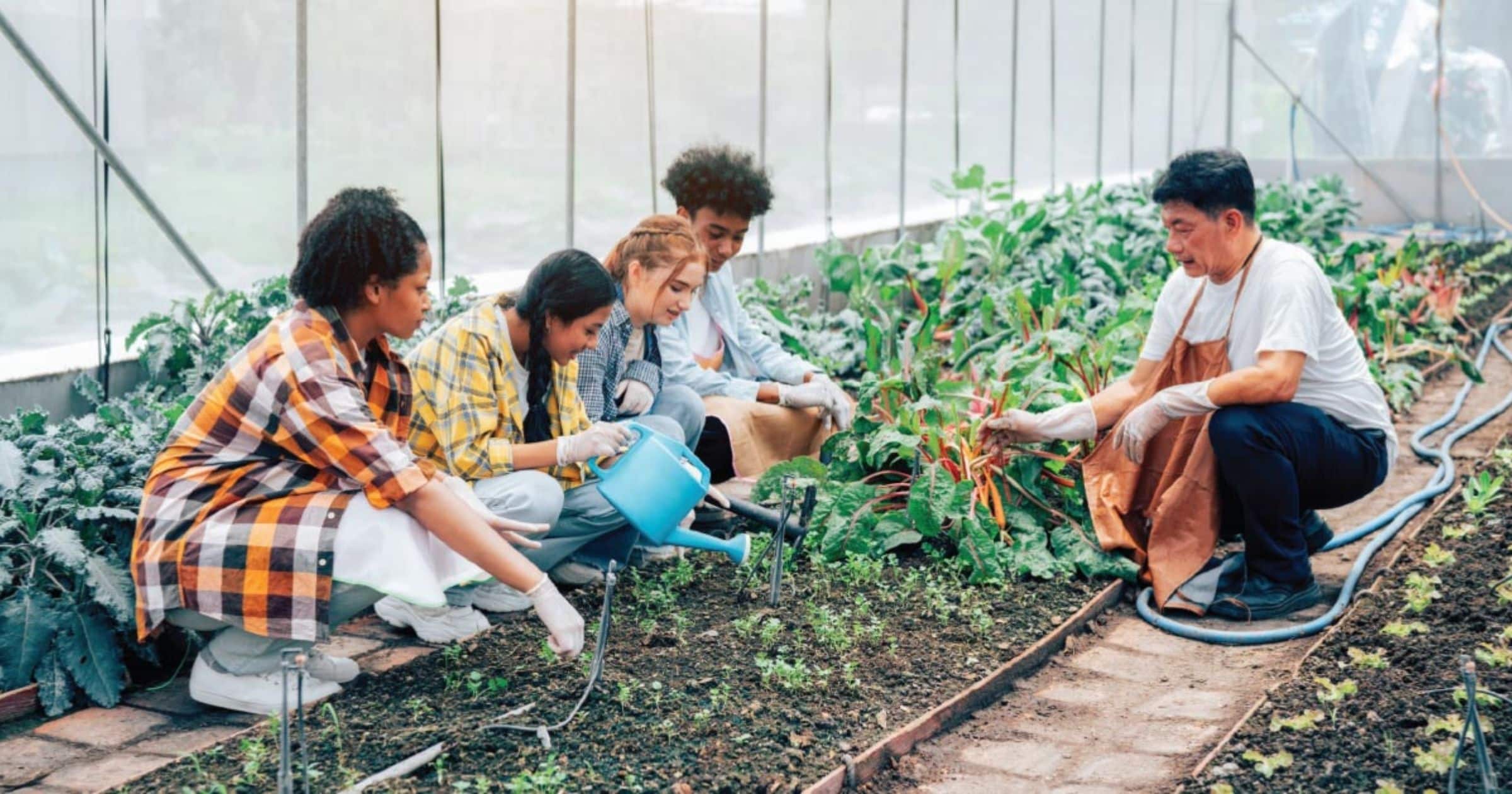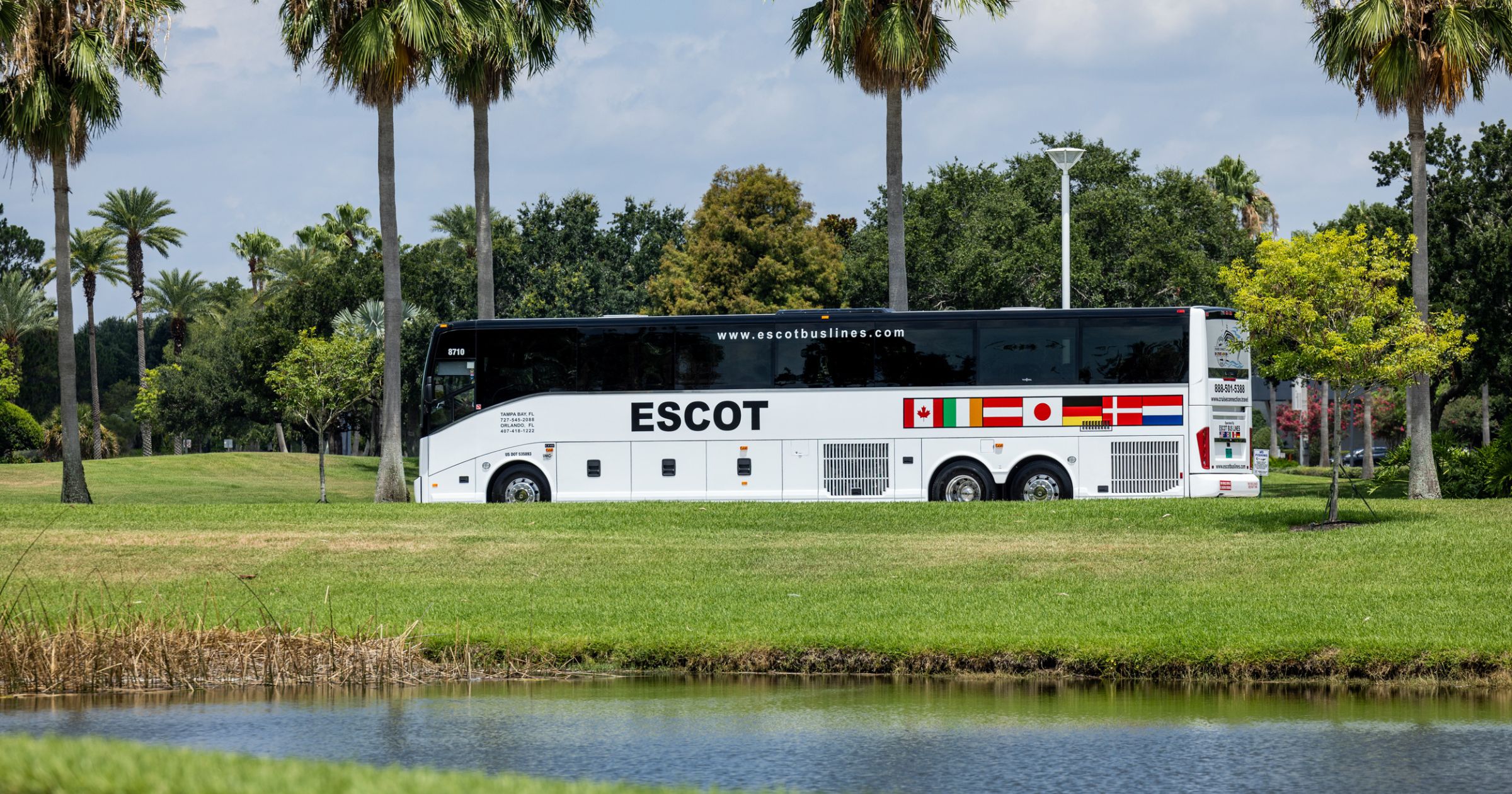In the ever-evolving landscape of education, one goal remains at its core: to unlock the full potential of every student.
As educators, mentors, and guides, the mission is not just to impart knowledge but to inspire a lifelong love for learning, foster resilience, and bring their strengths to the forefront.
At the most recent SYTA conference, professor and research Dr. Julie Schmidt Hasson presented on helping your students shine by bringing out the best. She noted that leading and growing others happens in relationships with a balance of both support and pressure. Here are a few key takeaways:
Trust. You can’t help students shine without building their trust—your guidance will bounce right off. The most obvious driver here is honesty and transparency, but they also need to know you truly have their best interest at heart, and aren’t just urging them to fit your idea of a good student. There’s one more big component of trust though: Competence. Even if they generally like you, they won’t trust your advice if they don’t see you as someone with enough wisdom and know-how to emulate.
Safety. Students need to feel not just physically but psychologically safe in the classroom if they’re going to open up and push themselves. The educator can establish safety with predictable behavior, but most of all by being totally accepting, with little risk of humiliation or rejection. Never shame students—instead, encourage them to make and proudly embrace mistakes as an important step in improving.
Expectations. How do students make inferences about expectations? It goes beyond the obvious syllabus and classroom rules, to instructional choices, assignments and interactions. Your expectations aren’t just about the task, but how you expect them to approach the task, and at what level. Higher expectations (within reason) lead to higher confidence.
Efficacy. Similarly, a student’s self-efficacy is important. The more a student believes in their own capacity to execute actions leading to a desired outcome, the more likely they are to put the effort in. It means not just believing in your own ability, but believing you can grow and improve when ability is lacking. Show models of great work for students to aspire to, and be sure to give positive reinforcement so they stay encouraged.
Feedback. The most effective feedback is benevolent, frequent, and timely. Harsh or cruel criticism can cause a student to shut down and give up, while a long pause between producing work and getting feedback leaves a disconnect—it’s not as impactful. And lastly, it needs to be grounded in evidence, so the student can understand exactly what they did right or wrong.
Hope. Finally, in times of change or challenge, people need to have a purpose, a plan, and a part to play. Without these, it feels like life is simply happening to you. Give students a purpose in the classroom, and a plan for reaching their highest potential, which will look different for every one.
This story originally appeared in the January 2024 issue of Teach & Travel.





